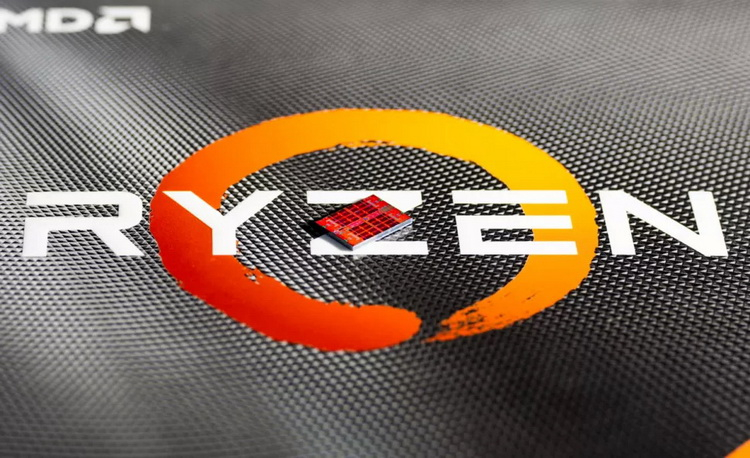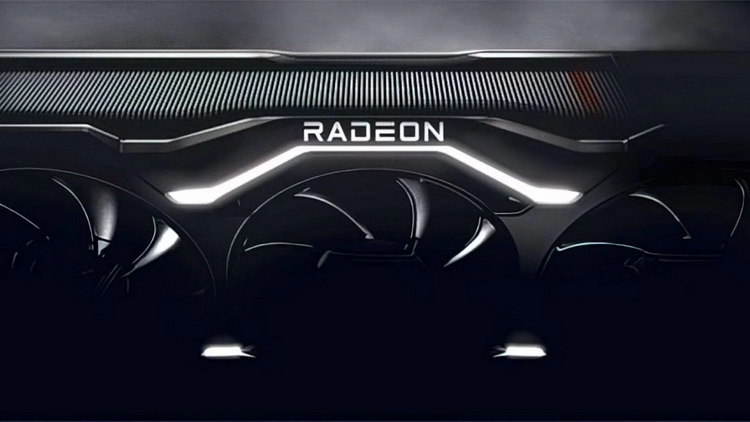
A few weeks ago, complaints about USB connectivity issues on systems with AMD Ryzen processors started popping up on the web. At the moment, there is no general solution, but the manufacturer has provided official recommendations that may resolve the issues.
According to Reddit forum users, the problem occurs when low-speed devices such as mice, keyboards and headsets periodically shut down for no reason while using the USB 2.0 port. The situation is observed on systems with Ryzen 3000 and Ryzen 5000 series processors using 500 and 400 series motherboards (X570, X470, B550 and B450). As one of the users pointed out, he contacted AMD technical support, where he was given a number of recommendations, based on feedback from users who had encountered problems with USB-ports. According to the Tom's Hardware resource, these tips may not help everyone, but it seems that AMD is already getting closer to the root of the problem. In the meantime, the company suggests:
Make sure to use the latest version of your motherboard's BIOS and reset all settings to factory defaults. Check the motherboard manufacturer's website for instructions on how to install or update the BIOS; Verify that your Windows 10 build is up to date and upgrade to the latest version if necessary. For instructions on how to upgrade Windows 10, you can refer to the article "Upgrading Windows 10" on Microsoft's official website; Make sure that the system has the latest drivers for AMD chipsets installed. The latest Ryzen chipset version number 2.13.27.501 can be downloaded from this link.
In case of repeated observation of USB connection problems, AMD advises to take the following steps:
Switch the PCIe 4.0 bus mode in the BIOS settings to PCIe 3.0 mode; Disable the Global C-State function in the BIOS.
For more information on the BIOS settings of your motherboard, the company advises you to consult your motherboard's technical manual. As you can see, most of the tips are basic. What's interesting, AMD in its recommendations does not suggest removing USB ports and USB root hubs in Device Manager and then rebooting the system. This way, some users were able to solve the USB connection problem. It seems that AMD at least narrowed down the source of the problem and therefore does not consider this advice effective.


0 Comments